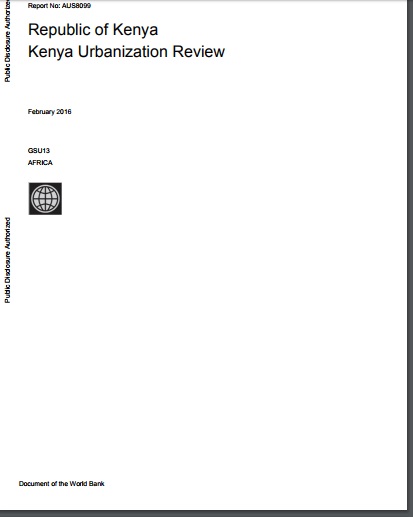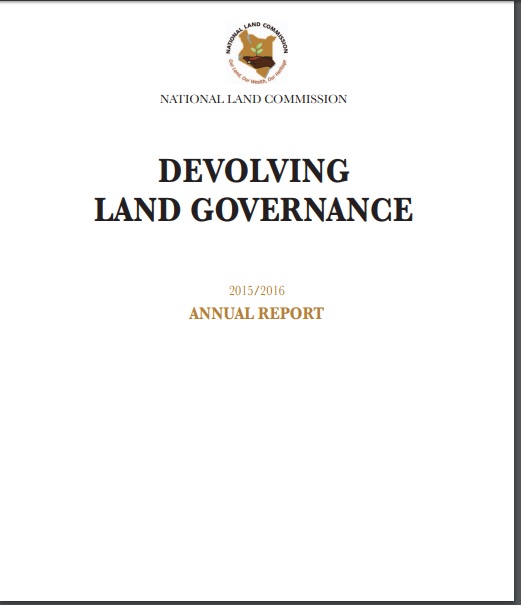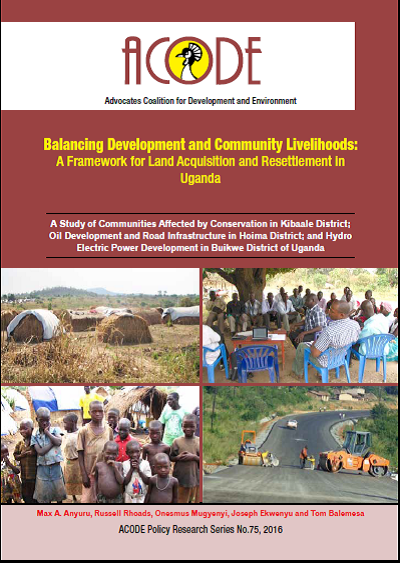Decree No. 66/2001/ND-CP amending and supplementing a number of articles of Decree No. 04/2000/ND-CP on the enforcement of the Law amending and supplementing a number of articles of the Land Law.
This Regulation provides for the implementation of various amendments made in 1998 to the Land Law (the land use right, its certification, granting, the subjects entitled to them).
Implements: Land Law. (1993-07-14)
Repealed by: Directive No. 05/2004/CT-TTg on organizing the implementation of the 2003 Land Law. (2004-02-09)
Repealed by: Order No. 23/2003/L-CTN on the promulgation of Land Law No.13/2003/QH11. (2003-12-10)






